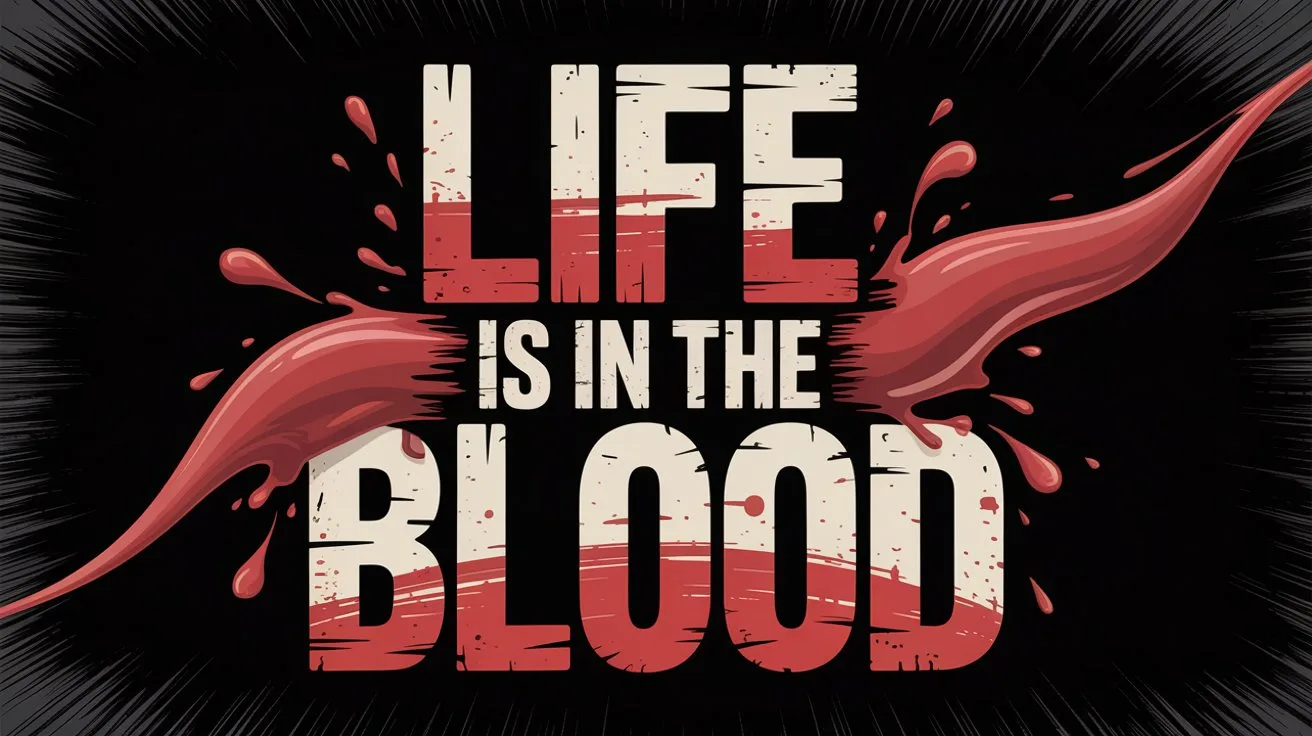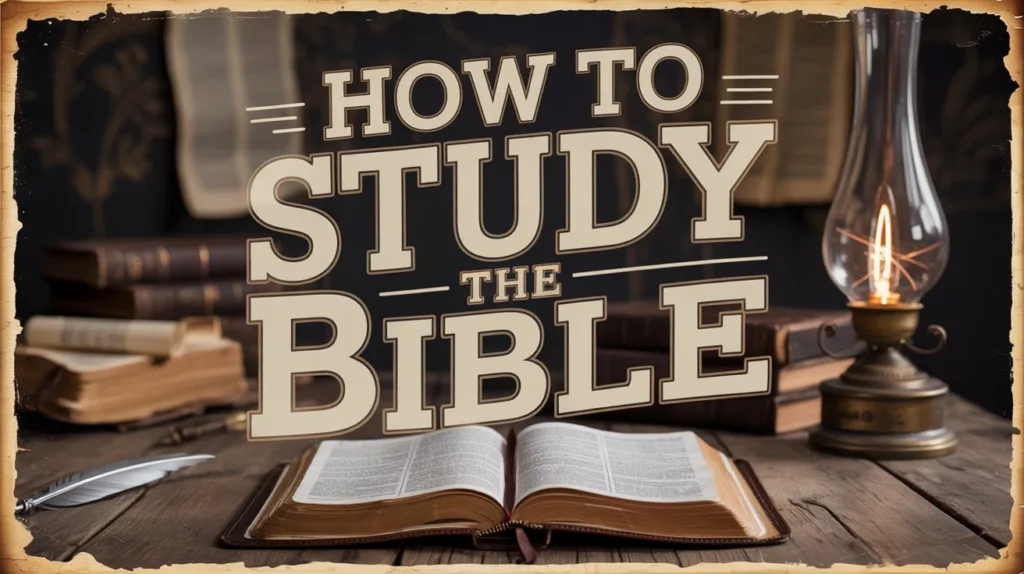From the very beginning, God set a clear principle: the life of every living creature is in its blood. This foundational truth is established in Leviticus 17:11, which declares,
“For the life of the flesh is in the blood, and I have given it to you upon the altar to make atonement for your souls; for it is the blood that makes atonement for the soul.”
This isn’t poetic metaphor, it is a divine decree. The very vitality, the breath, the living essence of a creature dwells in its blood. When God breathed life into man in Genesis 2:7, He made man a living soul. That life, though received by the breath, coursed through his being by means of the blood. This is echoed again in Deuteronomy 12:23,
“Only be sure that you do not eat the blood, for the blood is the life; you may not eat the life with the meat.”
God forbade the consumption of blood because it represented life, and life belongs to Him alone.
The Prohibition Against Drinking Blood
This command is not isolated to the Mosaic Law. It was given to Noah after the flood, long before Israel was established. Genesis 9:4 says,
“But you shall not eat flesh with its life, that is, its blood.”
This eternal principle transcends covenantal dispensations; it is a moral law, not just ceremonial. Even in the early church, when the apostles wrote to the Gentile believers, they reaffirmed this same command. In Acts 15:20, the apostles wrote to the churches, instructing them to abstain from things polluted by idols, from sexual immorality, from things strangled, “and from blood.” This shows the ongoing sacredness of blood in God’s sight, even after the resurrection of Christ and the outpouring of the Holy Ghost.
Atonement Requires Perfect Blood
If the life is in the blood, then blood must be the medium of atonement. Yet not just any blood. The Old Testament sacrifices (bulls, goats, lambs) had to be without blemish (Exodus 12:5, Leviticus 1:3). This was not arbitrary; it was prophetic. Hebrews tells us plainly,
“For it is not possible that the blood of bulls and goats could take away sins” (Hebrews 10:4).
They were shadows, not substance. Only the blood of a perfect man, untainted by sin, conceived not by the seed of Adam, could atone for man’s sin. Hebrews 9:22 says,
“And according to the law almost all things are purified with blood, and without shedding of blood there is no remission.”
This truth pointed to one Man: Jesus Christ, born of a virgin, without sin, whose blood alone could redeem us. 1 Peter 1:18-19 declares it best:
“Knowing that you were not redeemed with corruptible things, like silver or gold… but with the precious blood of Christ, as of a lamb without blemish and without spot.”
The Blood of Jesus – The Life Given for the World
Jesus did not simply die; He poured out His life. His blood was not spilled by accident but was offered by purpose. John 10:18 says,
“No one takes it from Me, but I lay it down of Myself.”
When His blood was shed, His life was given. And in giving His blood, He gave the only life capable of satisfying the justice of God. Jesus said in John 6:53,
“Most assuredly, I say to you, unless you eat the flesh of the Son of Man and drink His blood, you have no life in you.”
This was not a call to violate the command against drinking blood. He was speaking spiritually, communion with Him, partaking in His sacrifice, receiving His life. And we do this in remembrance through the bread and the cup, not literal blood, but in remembrance of the blood He shed. The Lord’s Supper affirms this:
“This cup is the new covenant in My blood, which is shed for you” (Luke 22:20).
We do not drink blood. We remember the One who shed it.
My Final Thoughts
God taught us from the earliest pages of Scripture that life is sacred, and it is in the blood. He forbade us from consuming it because it belongs to Him. This prohibition prepared the way for us to understand the depth of what Christ did. Only a life without blemish could redeem fallen man. Only pure, holy blood (blood untainted by sin) could be accepted as atonement.
Jesus Christ gave His blood, and in doing so, He gave His life. And that blood still speaks today, better things than that of Abel (Hebrews 12:24). It speaks of mercy, of forgiveness, of everlasting life. To trample underfoot that blood is to reject life itself. But to believe, to partake spiritually in His sacrifice, to accept His offering by faith, is to be washed, cleansed, and given new life.





 Get the book that teaches you how to evangelize and disarm doctrines from every single major cult group today.
Get the book that teaches you how to evangelize and disarm doctrines from every single major cult group today.